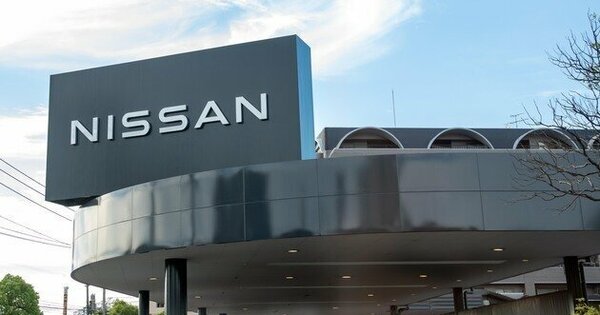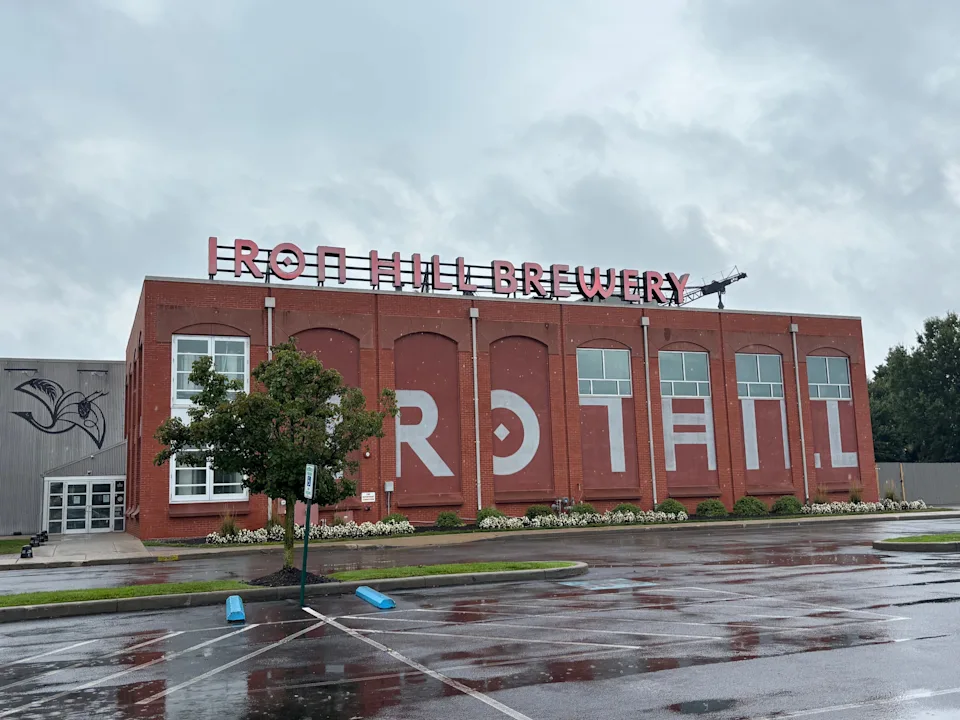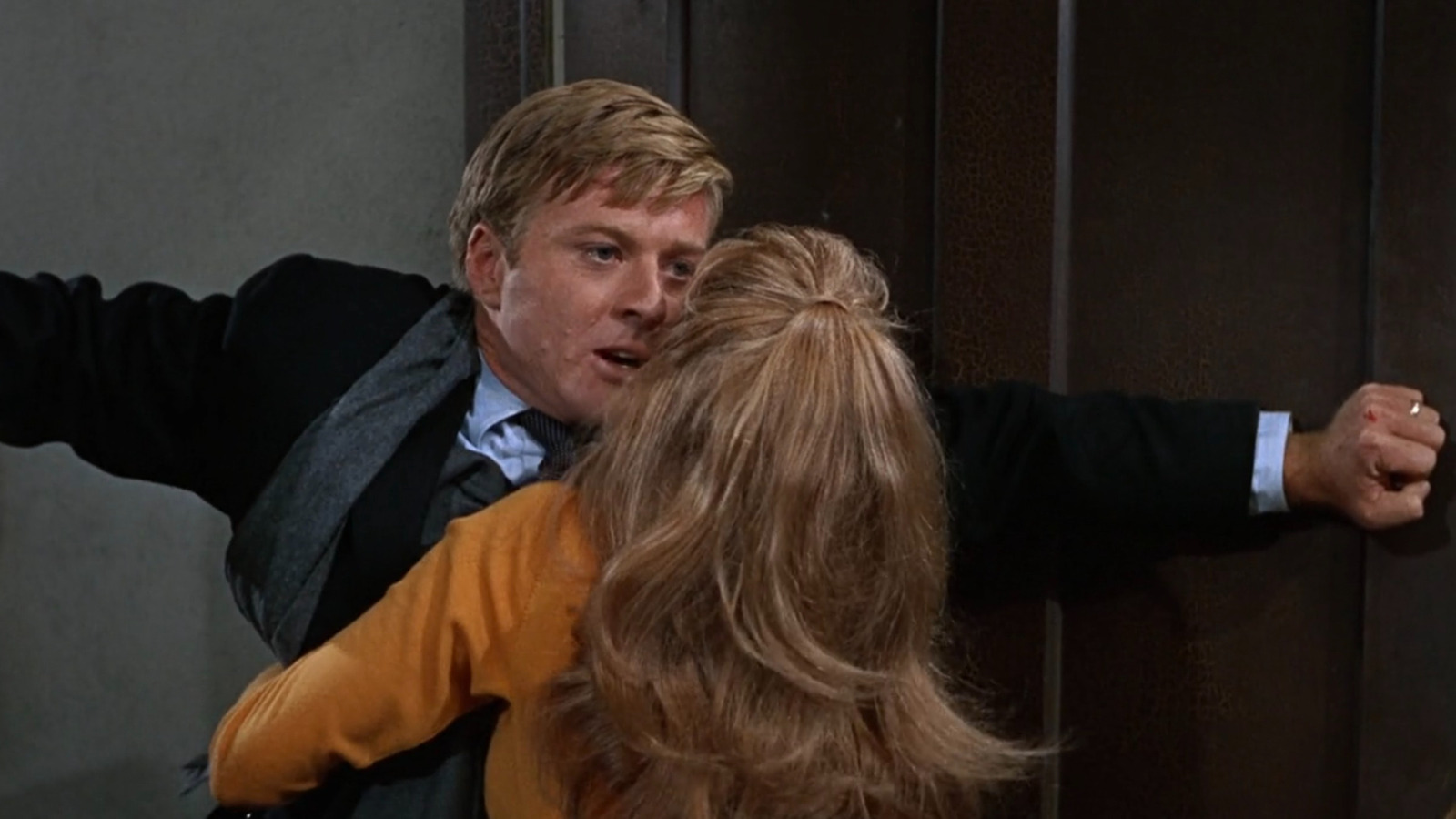By Gordon Deegan
Copyright independent

Last month, the council granted planning permission to multimillionaire engineering entrepreneur Robert Moffett’s Herbata Ltd’s plans for the six data centre campus on a site next to the M7 motorway and business park at Naas, Co Kildare.
However, An Taisce, Friends of the Irish Environment (FIE) and Friends of the Earth Ireland (FOTEI) have lodged third-party appeals with An Coimisiún Pleanála (ACP) against the granting of permission.
Herbata has also lodged a first-party appeal with ACP against a number of conditions attached to the planning permission.
In their joint appeal, Tony Lowes of FIE and Jerry MacEvilly of FOTEI have told ACP that the Herbata Data Centre “represents a high-risk, high-emission project that is incompatible with Ireland’s statutory climate commitments, sectoral emissions ceilings and energy efficiency obligations”.
The two state that the flawed Environmental Impact Assessment Report (EIAR) and reliance on unsupported mitigation measures render the application defective.
They state that the development of six large data halls with on-site gas turbines, engines and associated infrastructure “would impose a continuous electricity demand of approximately 240 MW, tripling current metered demand in Co Kildare”.
They added that the data campus’s “scale would have profound and adverse implications for Ireland’s energy system, carbon budgets and statutory climate obligations”.
On the greenhouse gas impact of the data campus, Mr Lowes and Mr MacEvilly stated that the estimated emissions over five years are 4.764 MtCOze, based on the projected annual output of 952,806 tCO2e.
They state that this would consume about 24pc of the electricity sector’s carbon budget for one five-year period, which they state is “a disproportionately large share for a single project. The scale of emissions qualifies as a major adverse impact”.
They state that ACP “has a clear obligation to ensure its decisions support, rather than undermine, Ireland’s pathway to a climate-neutral economy. For these reasons, FIE and FOTEI respectfully submit that permission must be refused”.
Senior planning and environmental policy officer with An Taisce, Phoebe Duvall, said the proposed campus represents “a highly significant new source of electricity demand and carbon emissions, and is fundamentally incompatible with Ireland’s legally binding emissions reduction obligations”.
In its first-party appeal, Herbata is challenging conditions in the decision relating to the impact on hedgerows and townland boundaries, a bat derogation licence and provision of linked running watercourses.
A decision is due on the appeals next January.



